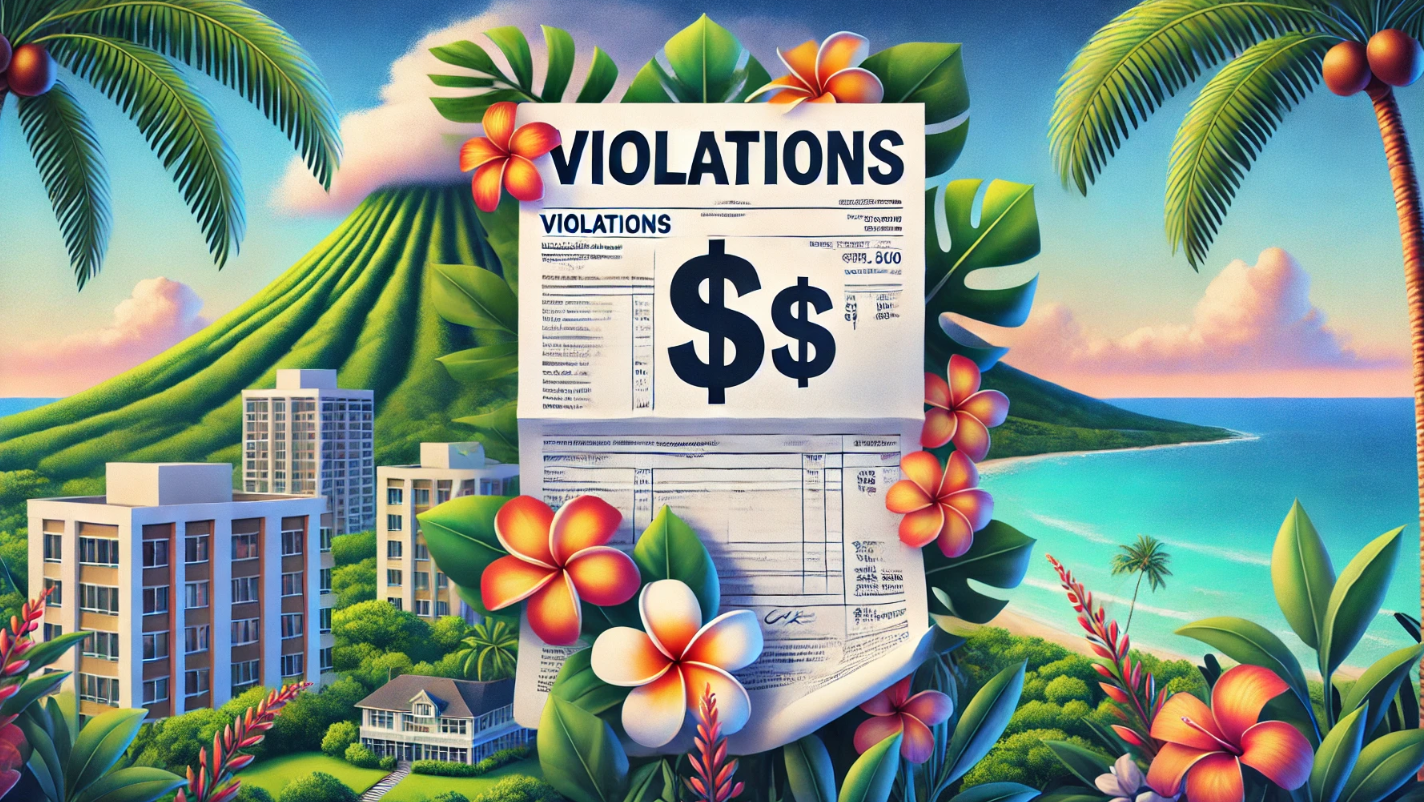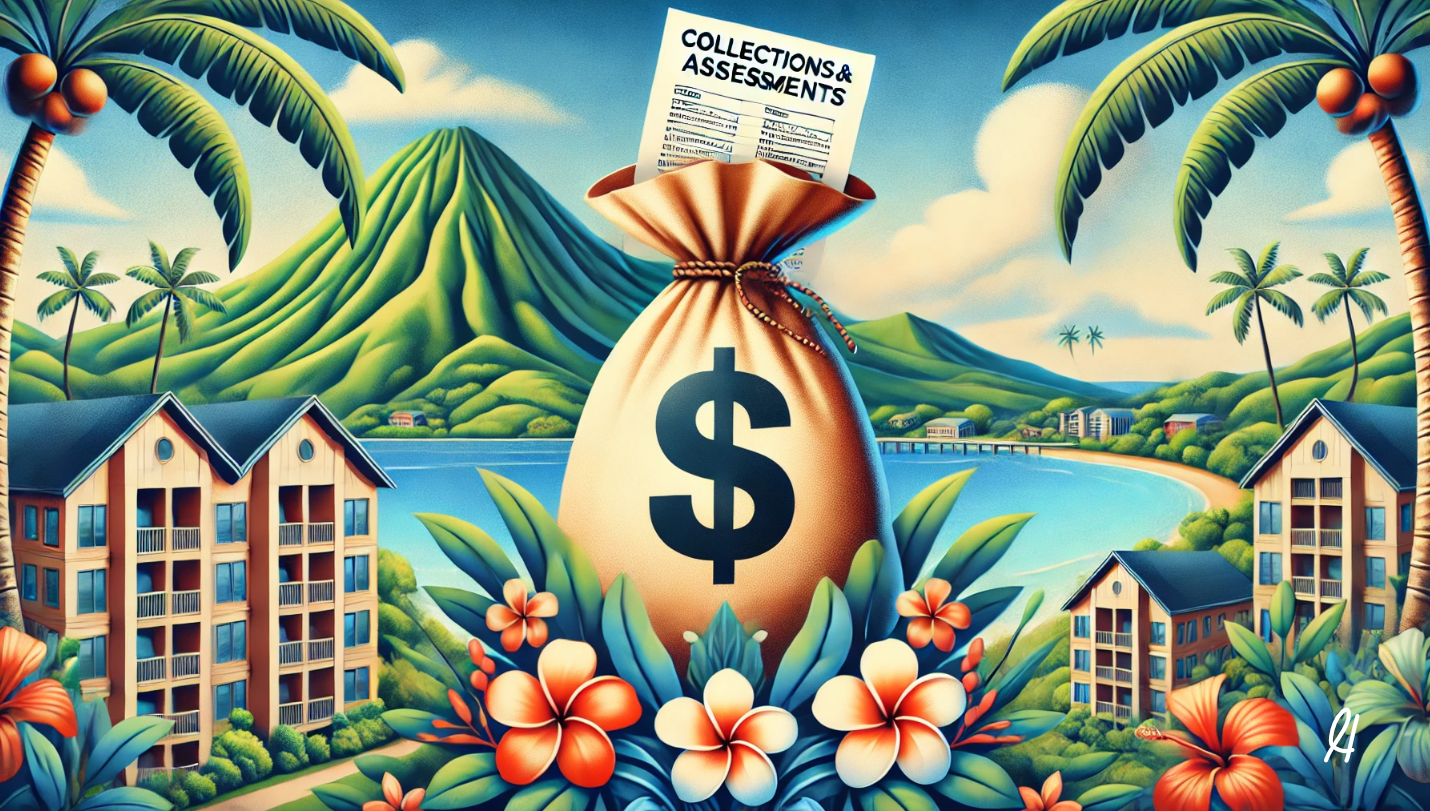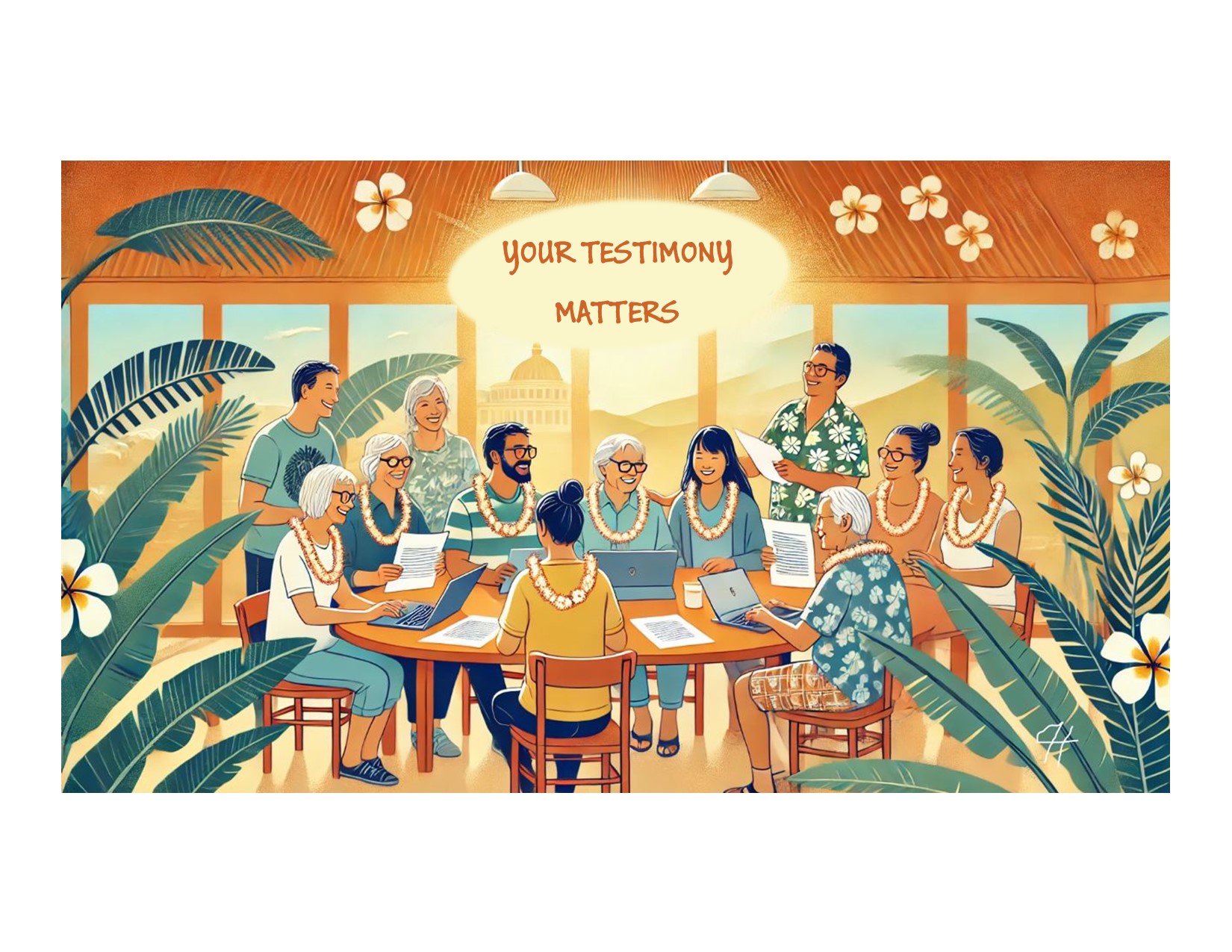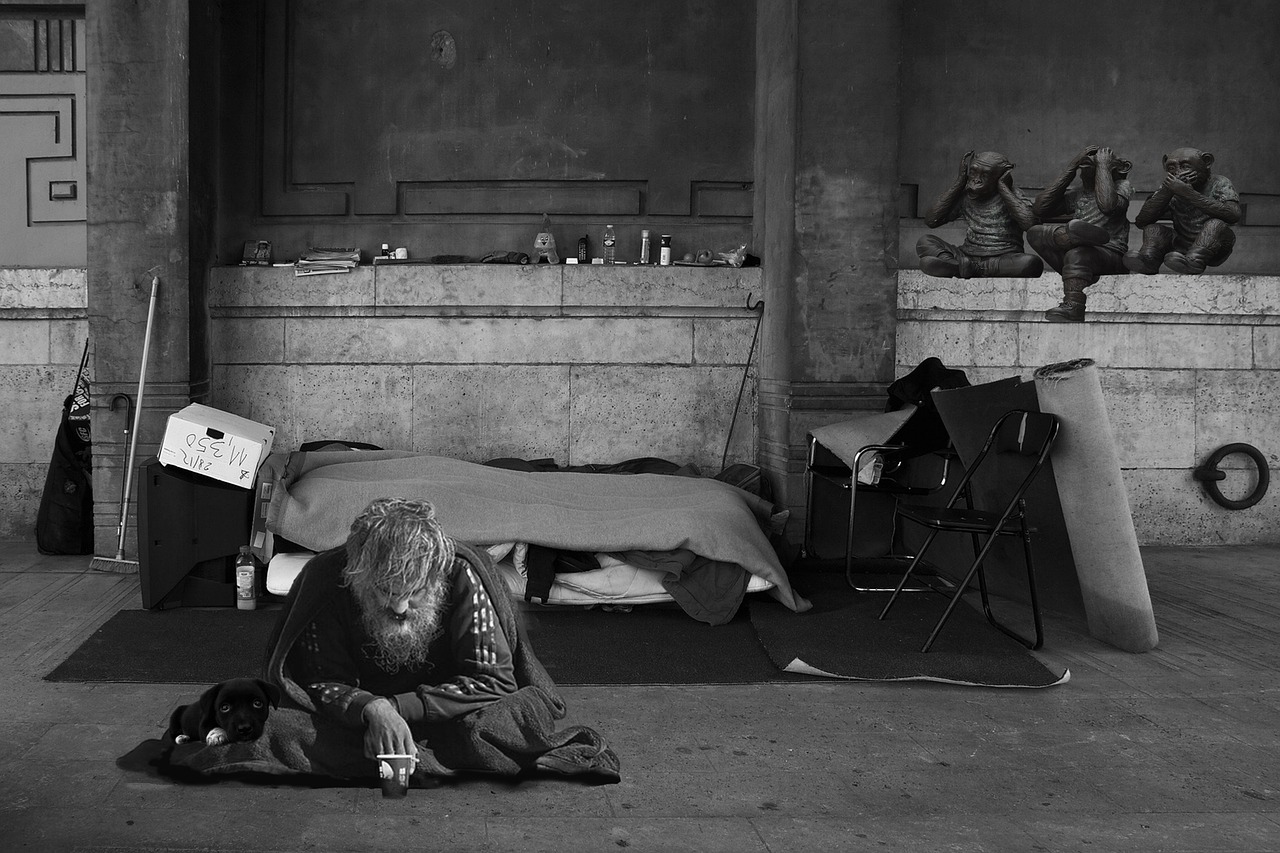Addressing the Unequal Threat of Violence Against Women
Violence against women remains a critical issue worldwide, with deeply troubling statistics revealing the scope and severity of the problem. The World Health Organization reports that nearly one in three women globally has experienced physical and/or sexual violence in their lifetime (World Health Organization (WHO)). This violence predominantly stems from intimate partners, highlighting a grim reality faced by countless women.
In the United States, the situation is similarly dire. According to the National Crime Victimization Survey, hundreds of women are sexually assaulted or raped each day across the country. These figures are likely underestimated, as many incidents go unreported due to the victims’ belief that law enforcement will not take action, or due to the deeply personal nature of these crimes (National Organization for Women –).
The Economic and Social Impact
The consequences of such violence extend beyond immediate physical and psychological harm. The Centers for Disease Control and Prevention (CDC) has documented substantial social and economic impacts, including healthcare costs, lost productivity, and ongoing mental health struggles among survivors (CDC). The pervasive nature of this violence not only affects the individuals but also imposes significant costs on society at large.
Resources for Women in Hawaii
For women in Hawaii seeking to escape abusive relationships or dangerous living situations, numerous resources are available:
- Hawaii State Coalition Against Domestic Violence – Offers support and referrals for legal assistance and shelter services. Website: HSCADV
- Domestic Violence Action Center – Provides legal help and advocacy services to ensure safety and protection. Website: DVAC
- Child & Family Service – Offers a range of services including emergency shelters and family counseling. Website: Child & Family Service
Hope for the Future
Addressing violence against women requires concerted efforts at all levels of society — from individual actions to governmental policies. It involves changing societal norms that perpetuate gender inequality and violence, improving legal protections, and ensuring that effective support systems are in place for survivors. As a community and as individuals, it is crucial to advocate for change and support initiatives that aim to protect and empower women.















